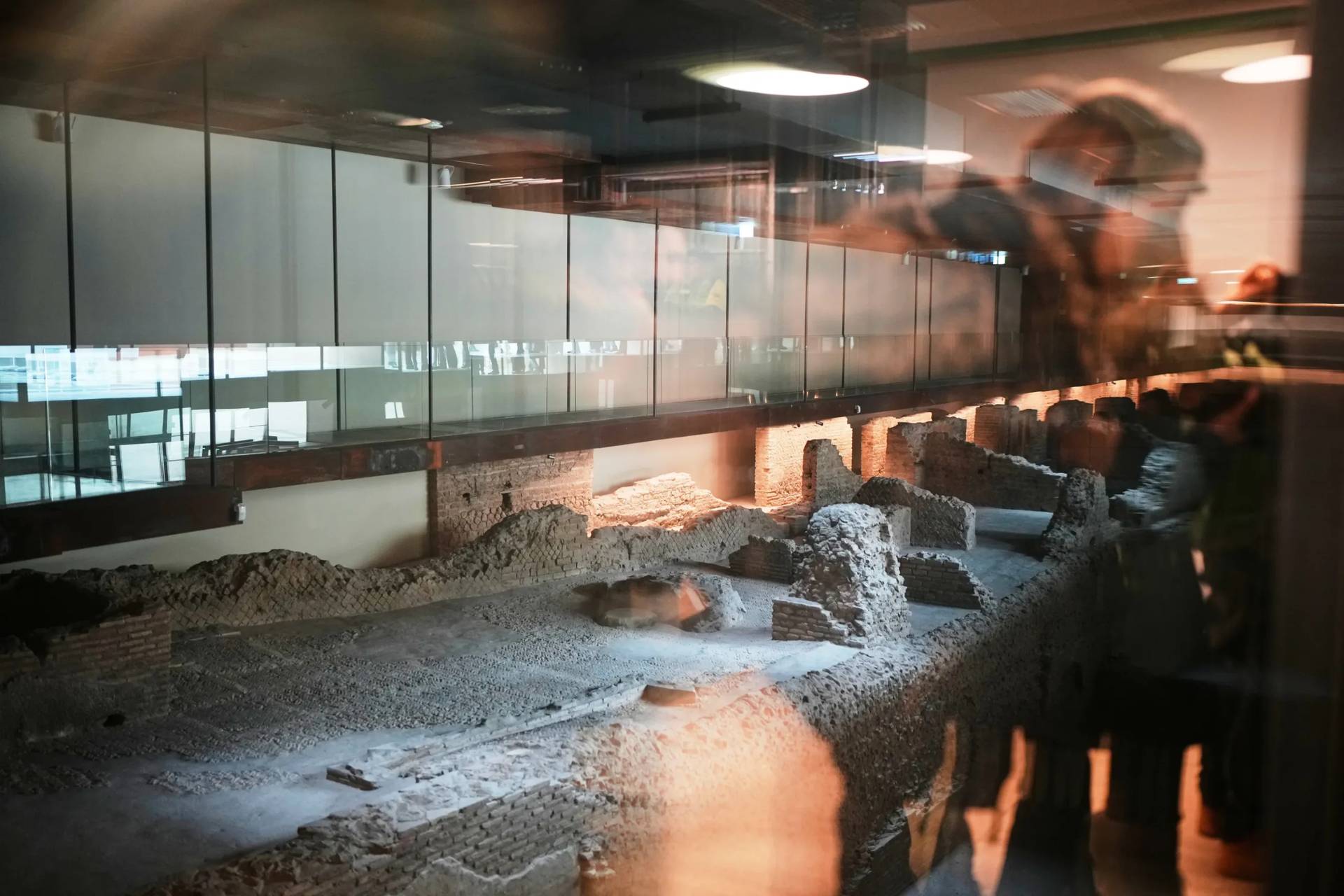ROME – If any of the prelates gathering in Rome this month for a summit on youth, faith and vocational discernment thought they might be able to get away from the clerical sexual abuse scandals here, a new network of Italian abuse survivors used the event’s opening days to dispel that illusion.
The group, known in Italian as the Rete L’Abuso, or “abuse network,” didn’t pull any punches, using a press conference on Tuesday to level charges that the current Archbishop of Milan, Mario Enrico Delpini, covered up for a priest criminally convicted of sexual abuse while Delpini served as an auxiliary bishop of Milan and the vicar general, effectively the number two official at the time under Cardinal Angelo Scola.
The accusation is that Delpini had been informed by another priest in Milan that a young man had told him that a third cleric, Father Mauro Galli, had abused him sexually during a night spent in his residence.
Delpini later acknowledged in a court deposition in 2014 as part of the civil prosecution of Galli that, after he received the information, he made the decision to transfer Galli to another parish. When asked by interrogators if he was aware that at his new assignment, Galli was responsible for youth ministry, Delpini replied, “Yes, sure I was aware.”
A transcript of that interrogation, which took place on Oct. 24, 2014, was made available by the group.
At one stage, Delpini says of his actions after the phone conversation with the third priest: “I decided to transfer Father Mauro to a new post, arranging his movement to the parish of Legnano as I said earlier.”
The deposition was signed by Delpini and the police inspector who conducted it.
Francesco Zanardi, president of the survivors’ network, said during the Tuesday news conference at Rome’s Foreign Press Club that Galli’s misconduct was reported to the Vatican on several occasions, including letters to the Congregation for the Doctrine of the Faith.
“Despite this,” Zanardi said, in July 2017 Pope Francis made him the archbishop of Milan,” arguing he should not have been appointed given his background.
One of the victims of Galli was on hand during the Tuesday press conference. In September 2017, Galli was sentenced by an Italian court to a prison term of six years and four months for sexual abuse.
In a statement released by the Italian survivors’ network, the group said that “the victims and families ask Delpini for coherence, and with a petition they invite him to follow the lead of his Chilean colleagues and ask the pope to accept his resignation.”
The reference was to a special summit Francis convened in May with all the bishops of Chile, amid a massive clerical abuse crisis in that country. At the end, all of the bishops in the meeting submitted their resignations to the pontiff.
The Tuesday press conference was sponsored by the organization Ending Clergy Abuse (ECA), a global network founded in Santiago, Chile, during Francis’s trip in January by survivors from 18 nations. According to organizers, the idea was to shine a spotlight on Italy because the abuse crisis as experienced in North America, Central Europe and other parts of the world still hasn’t erupted in this traditionally Catholic nation.
“We’re here to support our Italian friends, because it seems there hasn’t been an Italian crisis yet and we want to raise this issue also in Italy,” said Matthias Katsch, founder of a German anti-abuse group and a founding member of ECA.
Zanardi, objecting to what he described as widespread pattern of indifference and “censorship” in the Italian media on the clerical abuse story, noted that only two Italian media outlets showed up to cover the Tuesday news conference.
Zanardi also claimed that there have been at least 300 cases of priests credibly charged with committing sexual abuse in Italy in the last 15 years, suggesting that many of those priests were serial offenders so the number of victims would be much higher.
The Delpini charge was one of four that the group identified as “Viganò cases in Italy,” a reference to the charges leveled by Italian Archbishop Carlo Maria Viganò, a former papal ambassador in the U.S., that Francis was aware of charges of sexual misconduct against ex-Cardinal Theodore McCarrick in 2013, and yet took no action.
The others are:
- A boy abused in the St. Pius X Pre-Seminary, which serves middle- and high school students and is located within Vatican walls.
- The Antonio Provolo Intitute for the deaf in Verona, a case the group claims reached Pope Francis in 2014 when a delegation of former students and alleged victims met with him in the Vatican to hand-deliver a letter detailing abuses in the institute for decades. Father Nicola Corradi, an Italian priest sent to Argentina to run a similar institute in the northern province of Mendoza, was arrested in Nov. 2016 for abuse in Francis’s native country.
- Father Silverio Mura the southern diocese of Naples, who was transferred from one parish to the other despite allegations of sexual abuse. In early 2018, the network found that the priest had been transferred to Pavia, where he had changed his name to Silverio Aversano, using his mother’s maiden name. One of Mura’s victims encountered Francis, who allegedly looked into it, but the priest is now once again missing.
Asked for an overall assessment of Francis’s record on the abuse scandals, Katsch was critical but still sympathetic.
“He’s an 80-something old man trying to understand what is going on,” Katsch said. “I think he has good intentions. He’s done a lot to mobilize things in the Church that have been stuck, but I don’t think he understands that this is not one issue, but the issue, of the Catholic Church at the moment.”
Zanardi, however, was less forgiving.
“It’s been dramatic and disastrous,” he said, referring to the pope’s record on the abuse issue. “His commitment to ‘zero tolerance’ is only on paper and for the TV cameras,” Zanardi said.















